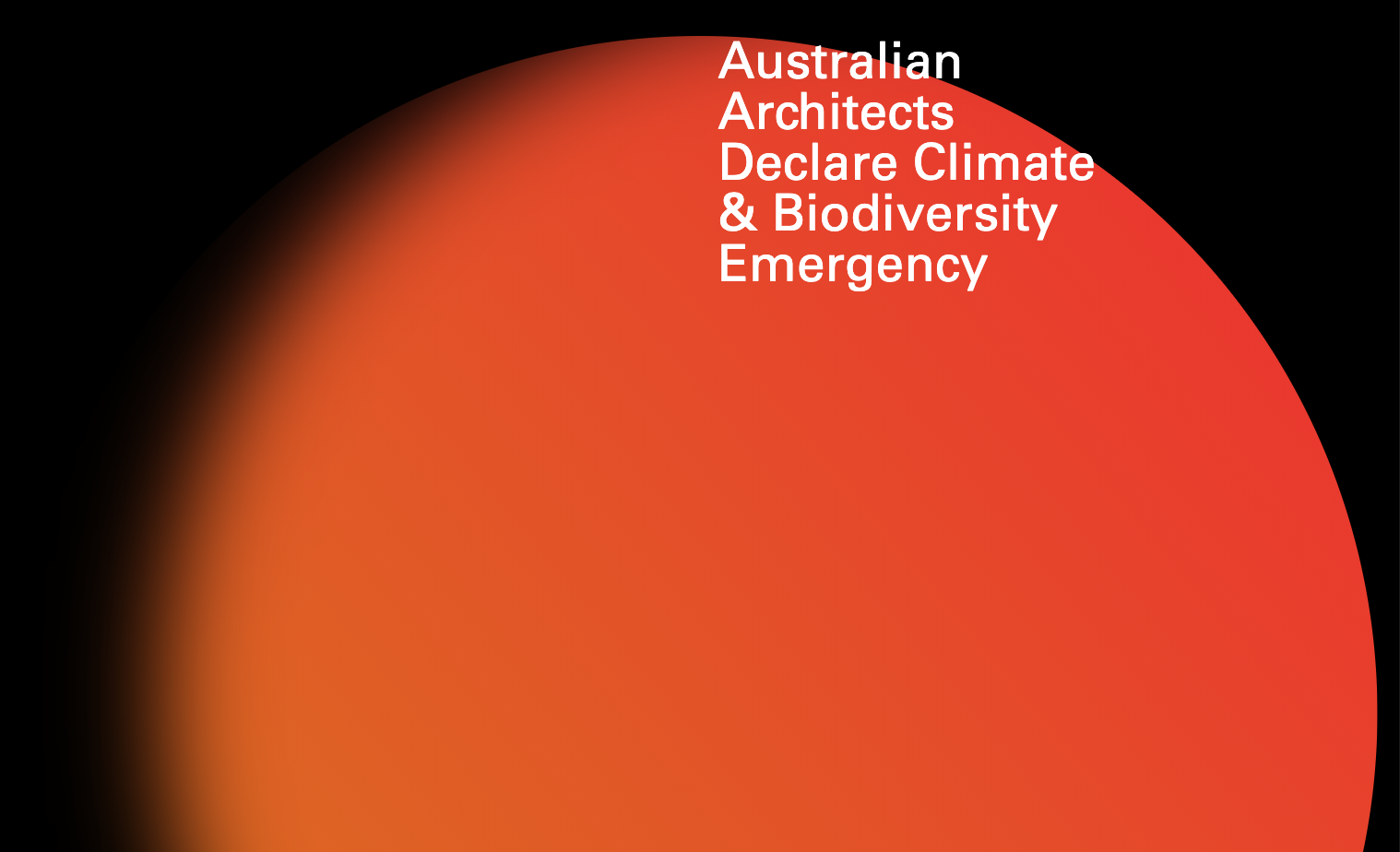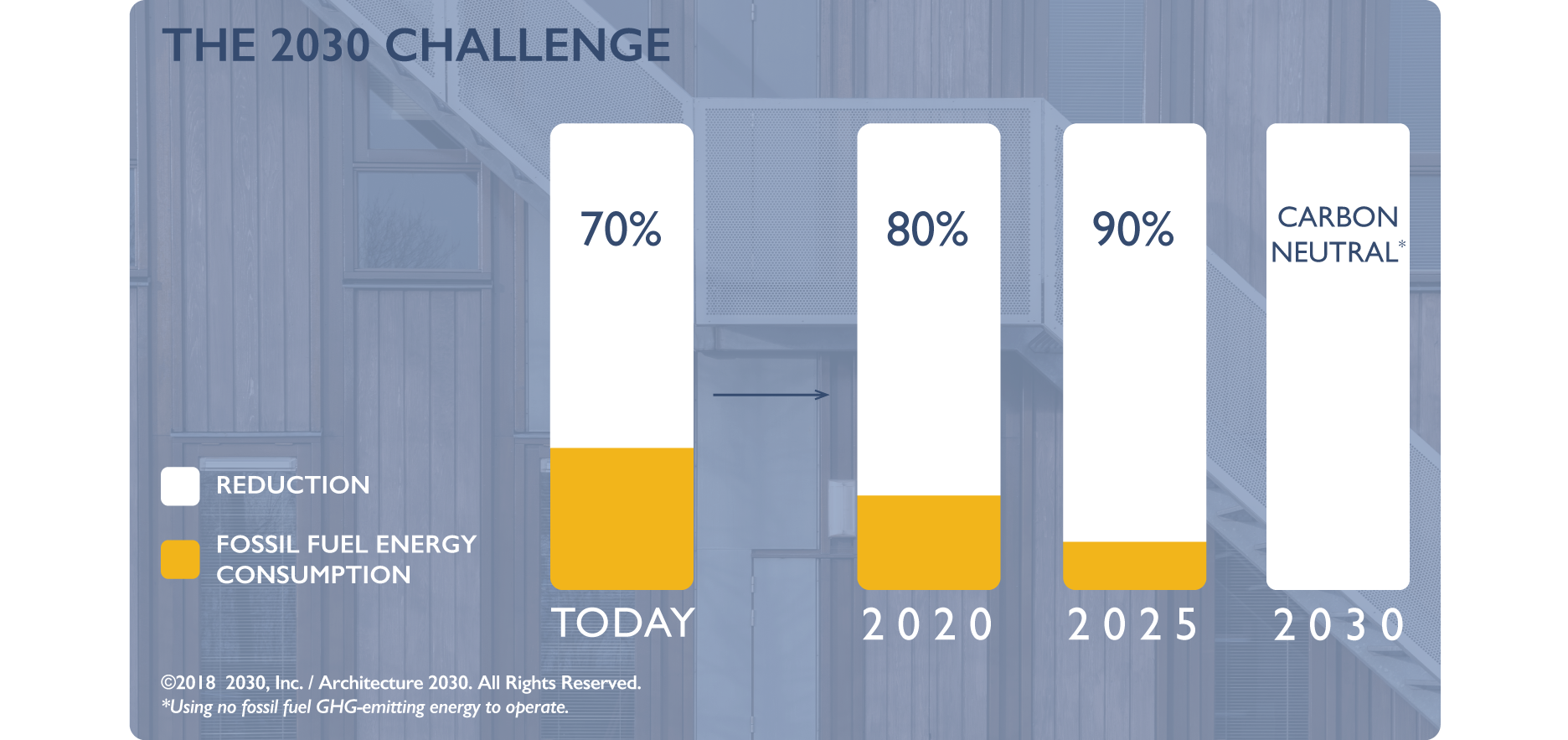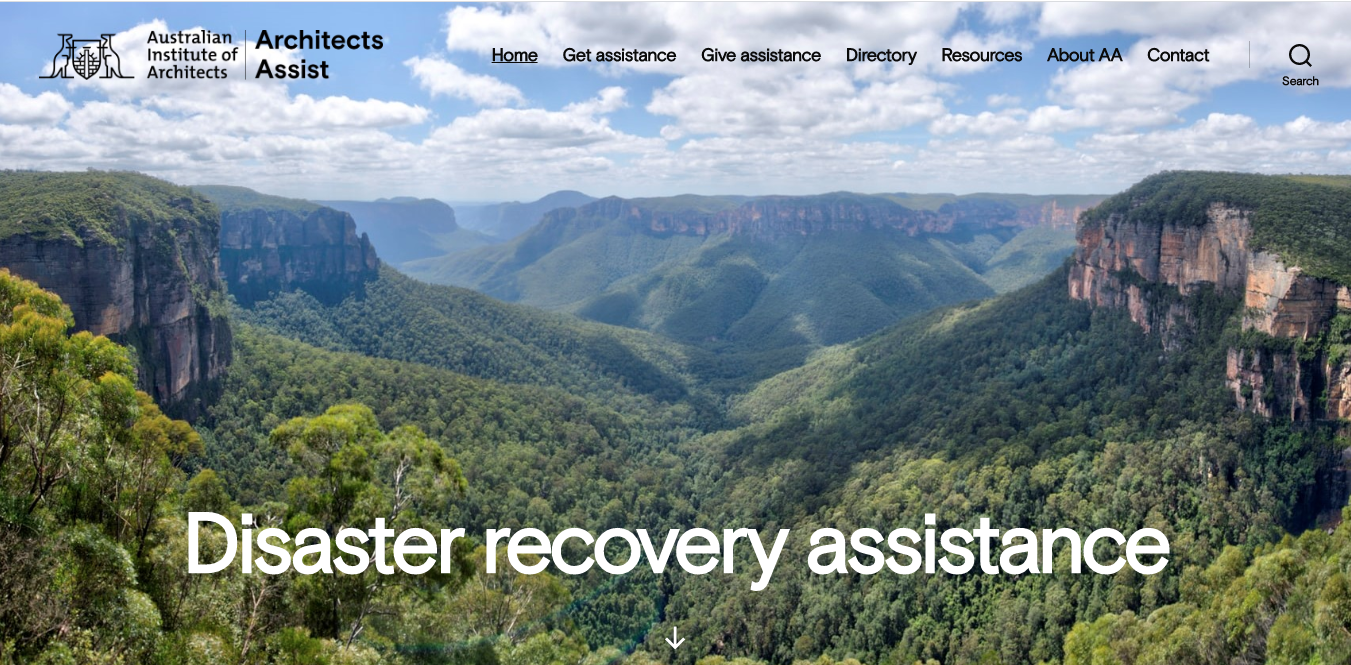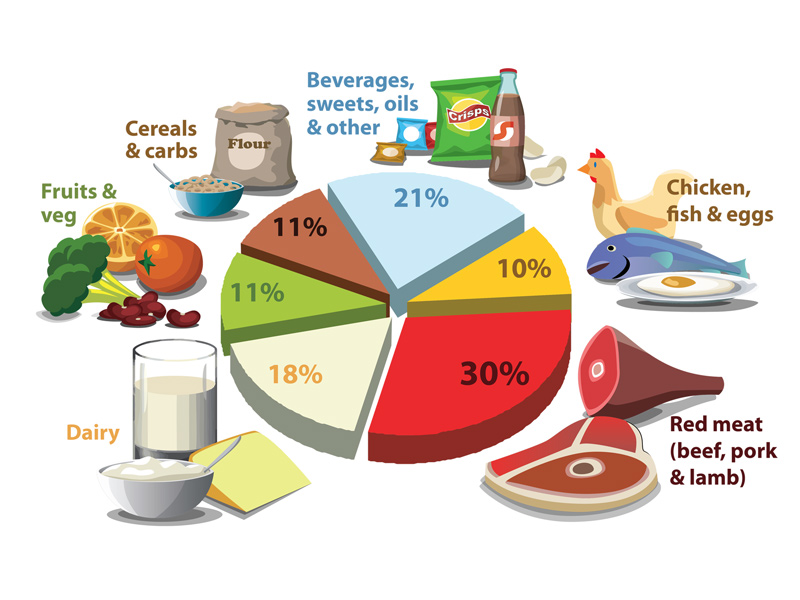GET 20% OFF
By subscribing to our newsletter
The design industry is uniting to combat climate change

This summer in Australia was devastating. We endured catastrophic bushfires, followed by dust storms, torrential rain and flash floods. These events caused mass destruction to lives, homes, communities and wildlife. At KE-ZU we are extremely conscious of our impact on the environment, we are pleased to the design and architecture industry to unite to combat climate change.

Architects Declare Australia is an initiative in which Australian architecture practices are committing to becoming carbon neutral by the end of 2020. They will do this in a three-step process: switching to certified green power by 30 January; conducting an audit of their carbon footprint by 30 June; and purchasing carbon offsets by the end of 2020. At the time of posting, Architects Declare Australia has 869 signatories.
Buildings and construction account for nearly 40 per cent of energy-related carbon dioxide emissions, while also having a significant impact on our natural habitats. Designing with a sustainable mindset, can help reduce these emissions through choice of materials, construction, technology and a building’s running costs. Passive solar design can decrease the energy consumption of buildings, and heating and cooling technology can increase their energy efficiency. Natural, low-carbon and recycled materials reduce embodied energy, and locally sourced materials can lessen associated carbon emissions.

Organisations, such as Architecture 2030, are championing sustainable and carbon-neutral planning and design to reduce energy consumption and greenhouse gas emissions, with practical pathways to carbon-neutral buildings by 2030.
In the short term, and in direct response to the bushfires, Australian architecture practices are helping to rebuild homes and communities through Architects Assist. Jiri Lev established Architects Assist in January 2020, as an initiative of the Australian Institute of Architects. At the time of writing, 550 practices across Australia have signed on to provide pro bono work for those who lost homes or community assets.

As individuals, our personal choices have an impact on climate change. While we may think each choice has a minimal, almost negligible effect, together our actions have a significant effect. Food production is responsible for up to 30 per cent of greenhouse gas emissions, with animal products accounting for the vast majority. Reducing meat and dairy consumption, and eating more plants, can have substantial benefits for the environment – and for people’s health.

As suppliers of imported products, we know that transportation logistics have a detrimental environmental impact. We are focussed on reducing our carbon footprint by manufacturing more and more of our international brands’ products locally under license. New products are being added to this program every month and we are pleased to see clients specifically ordering these products because of the reduced impact on the environment (and with the added benefit of being available with a shorter lead time).
Our suppliers also ship their products flat packed when possible to reduce packaging and we reuse timber pallets and use recyclable cardboard pallets for local transportation. KE-ZU is a member of the Australian Packaging Covenant Organisation (APCO), which is charged with meeting the government’s target that 100 per cent of Australian packaging be reusable, recyclable or compostable by 2025.

We also invest in sourcing and certifying sustainable products. All of our manufacturers are certified to the International Quality Systems and Management ISO9001 standard and Environmental Management ISO14001 standard, and we are regularly adding new products to our GECA certification, which currently sits at roughly 300 GECA-certified products.
KE-ZU also undertakes a product stewardship program whereby all products manufactured by KE-ZU Pty Ltd can be returned through the selected distributor for recycling at the end of its life cycle. Taking responsibility for these products, we refurbish, dispose or recycle the in an environmentally responsible manner so that they do not end up in landfill or incineration.
With direct involvement in the built environment, architects and designers can be leaders in combatting climate change. We are pleased to see, and be part of, the unification of the industry and the positive action being taken. We look forward to working with our clients, suppliers and organisations to create a more sustainable future.
- 2020
- 2019
- 2018
- 2017
- 2016
- 2015
- 2014
- 2013
- 2012
- 2011
- 2010
- 2009

